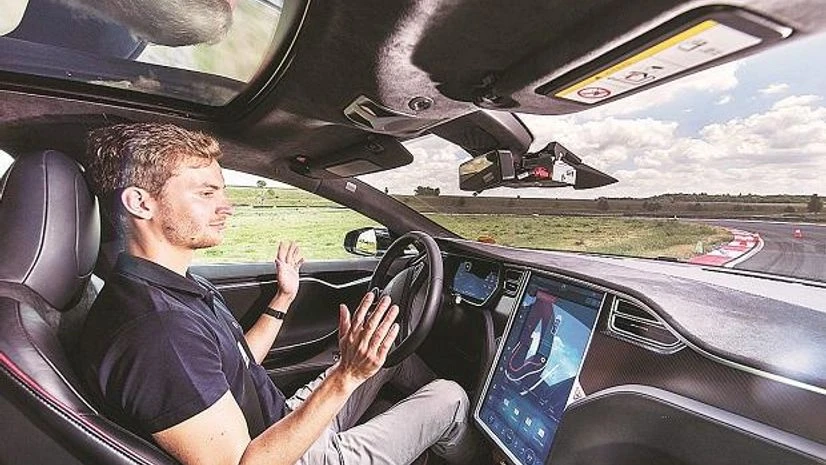Self-driving cars will change how we live, in all sorts of ways. But they won’t just affect us humans – the coming revolution in autonomous transport has significant implications for wildlife as well. Nature conservationists and planners need to think hard about the impact of driverless vehicles, most notably in terms of renewed urban sprawl.
In some ways, wider developments in automotive technology bode well for the environment. Electric cars will increasingly replace the internal combustion engine, and that should, in theory, reduce carbon emissions and health-afflicting air pollution.
Through minimising traffic jams,

)